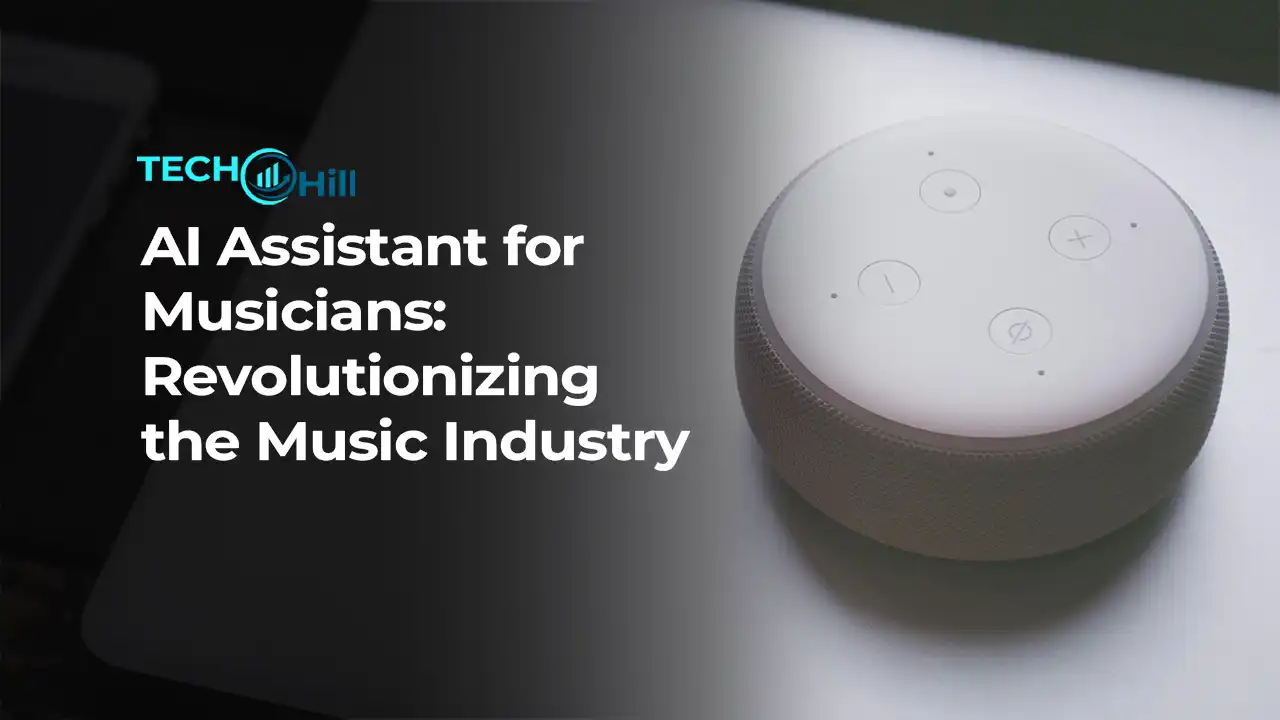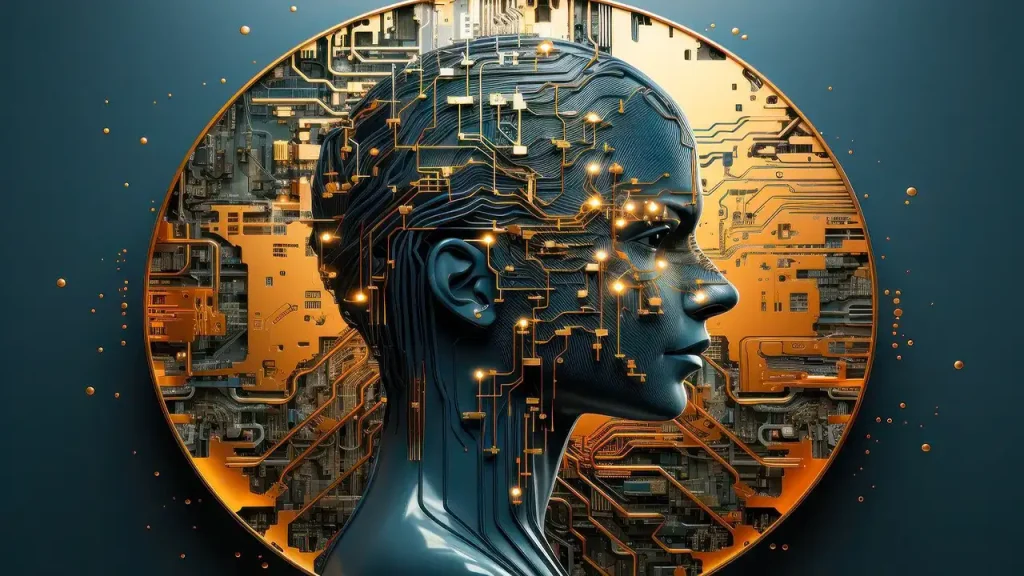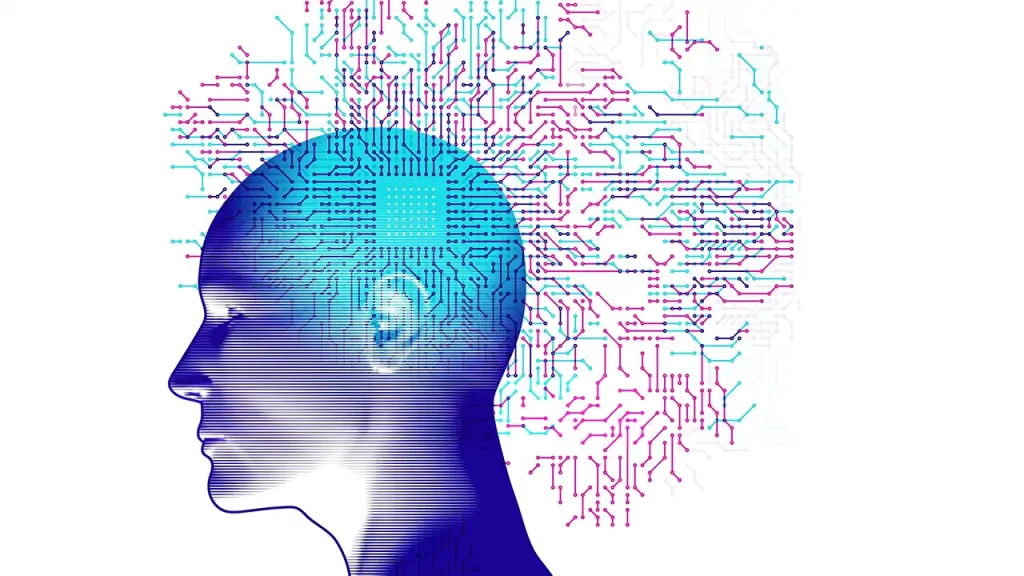AI Assistant for Musicians: Revolutionizing the Music Industry

In a world where creativity and technology constantly collide, musicians are discovering new ways to enhance their craft. With artificial intelligence (AI) becoming increasingly integrated into various industries, the music world is no exception. From songwriting and composition to production and marketing, AI assistants are transforming the way musicians create, collaborate, and promote their work.
Imagine a tool that can analyze vast amounts of musical data, suggest chord progressions, offer feedback on your lyrics, or even help automate mundane tasks like social media posting and album release schedules. This isn’t some far-off dream; it’s happening now. AI assistants for musicians have arrived, and they’re here to stay.
Benefits of AI Assistant for Musicians
When musicians think of AI, the first thoughts might lean towards robots or futuristic scenes, but the reality is far more practical and transformative. AI assistants are offering tangible benefits across all stages of a musician’s career. Let’s dive into some key advantages that musicians are experiencing today.
1. Enhanced Creativity and Songwriting Support
Songwriting is at the heart of any musician’s journey, but even the most seasoned artist encounters creative blocks. AI assistants can act as an inspiration source by suggesting chords, melodies, or even entire arrangements based on the user’s style. AI algorithms can study popular songs and offer musicians suggestions that align with their genre while maintaining originality.
For instance, platforms like Amper Music and AIVA (Artificial Intelligence Virtual Artist) offer musicians the ability to generate instrumental tracks in various genres. These AI tools help artists jumpstart their songwriting process, providing the initial framework to build upon.
2. Streamlined Production and Mixing
For musicians who love performing but shy away from the production side of things, AI tools are a godsend. AI-powered platforms like Landr and eMastered provide automated mastering services, delivering studio-quality sound without the need for extensive technical knowledge. This opens doors for indie musicians who might not have the budget to hire high-end producers but still want to release polished tracks.
Moreover, these tools can learn a musician’s preferences over time, making them smarter with each use. AI’s ability to analyze thousands of tracks for tonal quality, frequency balance, and dynamic range means faster production cycles and fewer trial-and-error moments in the studio.
3. Personalized Learning and Skill Development
Learning a new instrument or honing existing skills has always required dedication, time, and the right resources. AI is making this process more personalized than ever. Apps like Yousician offer interactive lessons for guitar, piano, and more, while assessing your performance in real-time. AI algorithms track your progress, providing customized feedback and helping you improve faster.
For more advanced musicians, AI tools like Chord AI can analyze any song and break it down into chords and harmonies, allowing you to learn by playing along to your favorite tracks.
4. Efficiency in Promotion and Marketing
Being a successful musician today goes beyond just creating great music. It’s about promoting that music effectively, and this is where AI can be a game-changer. Tools like AMPLIFIND use AI to analyze listener behavior and recommend the best times and platforms for releasing new tracks, maximizing exposure and engagement.
Furthermore, AI assistants can help manage social media platforms, automate the distribution of press releases, and analyze fan interaction. This allows musicians to focus on what they do best: creating music, while AI takes care of the tedious task of promoting it.
5. Collaboration Opportunities
AI also brings opportunities for collaboration in ways previously unimaginable. AI tools can connect musicians with other artists who share similar interests, even if they’re halfway around the globe. By analyzing musical preferences, AI assistants can recommend potential collaborators, making remote collaborations seamless.
This ability to match artists based on shared interests or complementary styles means AI is not just assisting individual musicians, but potentially revolutionizing collaborative efforts in the music world.
Popular AI Tools and Platforms for Musicians

With a variety of AI tools now available, it’s essential to know which ones stand out. Here are some of the most popular and effective AI platforms for musicians, categorized by their primary function:
1. AI for Songwriting and Composition
- AIVA: Specializes in creating full orchestral compositions. It’s ideal for film scores, game music, or simply to inspire new song ideas.
- Amper Music: A versatile tool for generating music tracks in various styles and genres, Amper Music allows musicians to control tempo, instrumentation, and mood.
2. AI for Music Production and Mastering
- Landr: An AI-powered mastering platform that automatically analyzes and enhances tracks. It provides instant feedback, allowing musicians to master their songs without needing expensive studio time.
- eMastered: Similar to Landr, eMastered offers AI-driven audio mastering with a focus on simplicity and professional sound quality.
3. AI for Learning and Skill Development
- Yousician: An interactive app for learning instruments like guitar, piano, bass, and more. It offers real-time feedback on your playing, helping you improve more efficiently.
- Chord AI: This app listens to songs and provides a breakdown of their chord structures, making it easier to learn and play along with your favorite tracks.
4. AI for Music Promotion and Distribution
- AMPLIFIND: An AI tool designed for indie artists to promote their music effectively. It helps musicians distribute tracks, optimize release strategies, and reach target audiences through data-driven analysis.
- Revolutionary Music Analytics: Platforms like this use AI to offer deep insights into streaming behavior, audience demographics, and fan engagement, giving artists valuable data to refine their strategies.
Challenges and Limitations of AI in Music
While AI has immense potential to revolutionize the music industry, it’s not without its challenges. There are several limitations musicians should be aware of when incorporating AI into their creative and production processes.

1. Lack of Emotional Depth in AI-Generated Music
One of the biggest criticisms of AI-generated music is the perceived lack of emotional depth. While AI can analyze patterns and trends, music is ultimately a deeply human experience, full of emotion, nuance, and personal expression. There’s concern that relying too heavily on AI could strip away the soul of the music.
AI tools can generate technically proficient pieces, but they may lack the emotional subtleties that make a song resonate on a deeper level. This limitation becomes particularly evident in genres like blues, or classical music, where expression and improvisation are essential.
2. Copyright and Ownership Issues
The rise of AI-generated music has sparked new conversations around copyright. If an AI assists in composing a piece of music, who owns the rights to it? This question remains a gray area in many legal systems, and musicians must tread carefully. Some platforms may claim ownership over AI-generated compositions, while others offer full rights to the user.
It’s crucial for musicians to understand the legal implications of using AI, particularly when releasing tracks commercially.
3. Over-reliance on AI Could Stifle Creativity
There’s also the fear that musicians might become overly reliant on AI for creativity. Instead of viewing AI as a tool to enhance human talent, some worry it could become a crutch, leading to a homogenized music landscape where everything sounds the same. If everyone uses the same AI assistants for songwriting and production, will we lose the diversity and uniqueness that make music so special?
4. High Initial Costs for Advanced AI Tools
While many AI tools are accessible, advanced platforms with comprehensive features often come with hefty subscription fees. This can be a barrier for emerging artists who may not have the financial resources to invest in top-tier AI technology.
Future Trends and Developments in AI for Musicians
The future of AI in music is as exciting as it is unpredictable. With advancements in machine learning, natural language processing, and neural networks, AI is poised to offer even more sophisticated tools for musicians. Here are some potential trends that could shape the future of music.
1. Hyper-Personalized Music Creation
As AI becomes more adept at understanding individual preferences, it’s likely we’ll see more hyper-personalized music. AI tools could analyze a musician’s past work, personality, and even mood to create bespoke musical pieces that perfectly align with their artistic vision.
This could also extend to listeners, with AI generating unique playlists or tracks that cater to specific emotional states or personal experiences.
2. Real-Time AI Collaboration
Imagine collaborating with an AI assistant in real-time during a live performance. This isn’t far off. AI could assist musicians by adjusting live mixes, suggesting improvisations, or even playing alongside human performers, all in real-time. This could open the door to entirely new genres and performance styles.
3. AI as a Co-Creator
In the future, AI might not just assist musicians; it could become a true co-creator. Instead of merely following commands or providing suggestions, AI could contribute equally to the creative process, learning and adapting alongside the musician. This collaborative relationship could result in music that pushes creative boundaries further than ever before.
4. Virtual Artists and AI-Driven Performances
We’re already seeing AI-generated artists like YONA and Lil Miquela, and this trend will likely grow. These AI-driven virtual musicians can produce original music, engage with fans, and even perform live through holograms or virtual reality. While this raises philosophical questions about what it means to be a musician, it also represents a new frontier in the music industry.
Conclusion
AI assistants for musicians are not just a futuristic concept—they’re changing the way music is created, produced, and shared today. From enhancing creativity to streamlining production, AI offers an array of tools that can help musicians at every stage of their career. While there are challenges, particularly around emotional depth and copyright issues, the potential for AI to revolutionize the music industry is undeniable.
As technology continues to evolve, musicians must strike a balance between leveraging AI’s capabilities and preserving the human touch that makes music so special. Ultimately, AI is a tool—a powerful one, but one that works best in tandem with the unique creativity of the artist.
